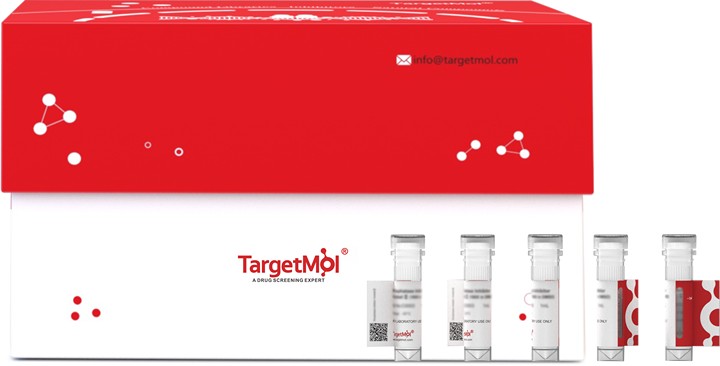Shopping Cart
Remove All Your shopping cart is currently empty
Your shopping cart is currently empty
IGF1/IGF-I Protein, Rat, Recombinant is expressed in E. coli. The accession number is P08025.

| Pack Size | Price | USA Warehouse | Global Warehouse | Quantity |
|---|---|---|---|---|
| 5 μg | $38 | - | In Stock | |
| 10 μg | $57 | - | In Stock | |
| 20 μg | $76 | - | In Stock | |
| 50 μg | $113 | - | In Stock | |
| 100 μg | $189 | 7-10 days | 7-10 days | |
| 200 μg | $319 | 7-10 days | 7-10 days | |
| 500 μg | $655 | 7-10 days | 7-10 days | |
| 1 mg | $1,130 | 7-10 days | 7-10 days |
| Biological Activity | ED 50 < 10.0 ng/ml, measured by a cell proliferation assay using FDCP-1 cells, corresponding to a specific activity of > 1.0 × 10 5 units/mg. |
| Description | IGF1/IGF-I Protein, Rat, Recombinant is expressed in E. coli. The accession number is P08025. |
| Species | Rat |
| Expression System | E. coli |
| Tag | Tag Free |
| Accession Number | P08025 |
| Synonyms | Somatomedin C,MGF,Mechano growth factor,Insulin-like Growth Factor-I,IGF-IA,IGF-I,IGFI,IGF1 |
| Construction | Gly49-Ala118 |
| Protein Purity | > 95% as determined by SDS-PAGE; > 95% as determined by HPLC |
| Molecular Weight | ~7.8 kDa (Reducing conditions) |
| Endotoxin | < 0.2 EU/μg of protein as determined by the LAL method. |
| Formulation | Lyophilized from a 0.2 μm filtered solution in PBS. |
| Reconstitution | Reconstitute the lyophilized protein in sterile deionized water. The product concentration should not be less than 100 μg/ml. Before opening, centrifuge the tube to collect powder at the bottom. After adding the reconstitution buffer, avoid vortexing or pipetting for mixing. |
| Stability & Storage | Upon receiving, this product remains stable for up to 6 months at lower than -70°C. Upon reconstitution, the product should be stable for up to 1 week at 4°C or up to 3 months at -20°C. For long term storage it is recommended that a carrier protein (example 0.1% BSA) be added. Avoid repeated freeze-thaw cycles. |
| Shipping | In general, Lyophilized powders are shipping with blue ice. Solutions are shipping with dry ice. |
| Research Background | Insulin-like Growth Factor I (IGF-I) is a single chain 7 kDa growth-promoting polypeptide originally identified as somatomedin-c. It belongs to the IGF family of peptides, which also includes IGF-II and insulin. The gene expression of IGF-I is mainly regulated by Growth Hormone, and IGF-I executes its functions via signaling through transmembrane tyrosine receptors (IGF Receptors). Most circulating IFG-I is associated with the IGF Binding Protein 3 (IGFBP-3), and the IGFBPs may inhibit the actions of IGFs by competing against the IGF Receptors. IGF-I is active in post-natal and adult animals, and is crucial for somatic growth, as IGF-I null mice show marked retardation in utero. IGF-I is involved in the carcinogenesis, and related to the prostate cancer as well. |
| Size | Quantity | Unit Price | Amount | Operation |
|---|

Copyright © 2015-2026 TargetMol Chemicals Inc. All Rights Reserved.